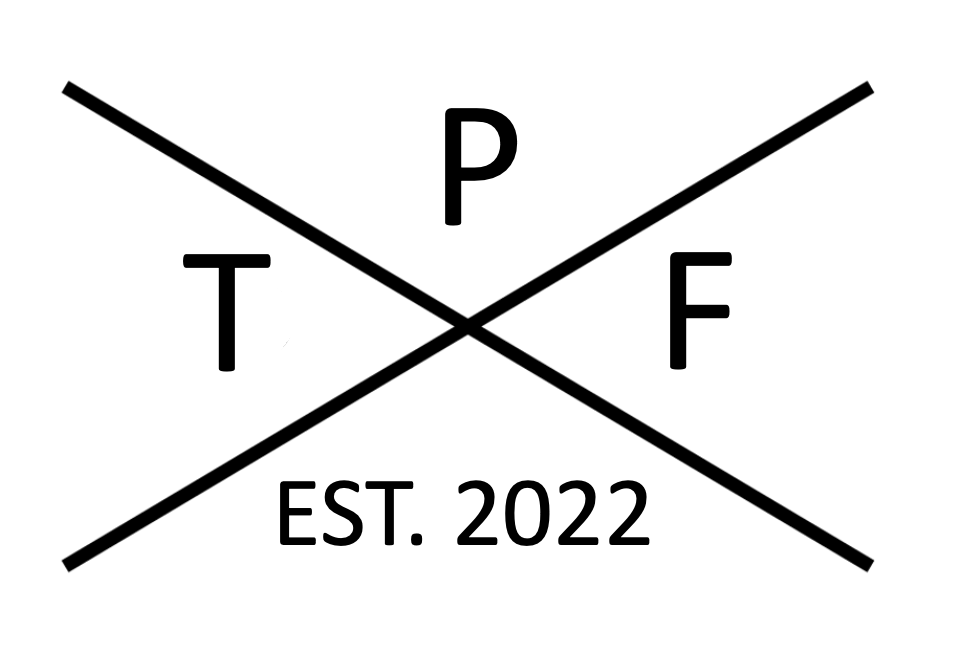Welcome to this week’s finance update, where we bring you the latest insights and updates on the world of finance. It has been another exciting week globally and for the US economy. This update will discuss some of the significant events this week.
Firstly, President Biden announced his official re-election bid for 2024, which surprised some. At 80 years old, if re-elected, he would finish his second term at 86, making him the oldest president. If President Biden does win a second term, we can expect much of the same fiscal policies, especially related to electric vehicles and the use of renewable energy.

Moving to global news, Iran seized an oil tanker headed to Texas on Thursday, and the conflict in Sudan escalated to the point that the US evacuated its embassy. Additionally, the United Kingdom courts blocked Microsoft’s purchase of Activision, citing competition concerns. While the deal is not entirely over, it appears to have stalled in the near term.
Debt Ceiling
This week we saw the GOP-controlled House pass the debt ceiling bill primarily on party lines. The bill has been in the works since last year and includes significant funding cuts. Many Republicans have argued that spending cuts must be attached to raising the debt ceiling, whereas President Biden stated he wants a clean bill to raise the debt ceiling with no strings attached. As the bill moves to the Senate, there’s little chance it will pass in its current form, and Biden continues to threaten a veto if there are any attachments, which is setting up some interesting negotiations. The Treasury is stating the country will be unable to meet its financial obligations likely in June or July, giving Congress a small window to make a compromise.
The House-passed bill proposed significant spending cuts to raise the debt ceiling; however, many will likely be re-negotiated as the bill moves to the Senate. The White House also quickly announced that the GOP bill had no chance of approval, setting up a significant showdown. Within the GOP bill, the House proposed reclaiming unspent COVID-19 funds, canceling Biden’s $10,000 student loan forgiveness, and reducing the IRS budget, to name a few. Democrats and Republicans continually highlight the importance of raising the debt ceiling, but time will tell if a comprehensive deal can be made.
Company woes
Within the US economy, investors have been dealing with the aftermath of the bankruptcy filing of Bed Bath & Beyond (BB&B). The company has moved forward with liquidating its assets, and store closures have started this week. BB&B had over 350 stores nationwide and over 100 Buy Buy Baby stores. As the company continues through the liquidation process, its storefront real estate will likely become a valuable asset that many competitors will try to secure. It will be interesting to see which companies capitalize on this opportunity to increase their growth.
In other news, electronic powerhouse Samsung announced a massive profit decline in the latest quarter. The chip-making giant stated that profits plummeted due to weakening demand, likely because of customers cutting back on purchasing during a high-inflation environment. Inflation reduces the purchasing power of consumers and businesses, which means that consumers may not be able to buy as much as they could before with the same amount of money. As a result, inflation can decrease consumer confidence and spending, which can have a ripple effect on the overall economy.
Economic strength
The Department of Commerce released data this week, revealing that the economy has slowed from the previous quarter and fallen below analyst expectations. Although the Federal Reserve has made progress in decreasing inflation, it is apparent that we are not out of the woods yet. When a slowing economy coincides with high inflation, it can be a dangerous situation with significant consequences. Inflation reduces the purchasing power of individuals and businesses, while a slowing economy means a decrease in economic activity, leading to reduced employment and income levels. A slowing economy during high inflation can lead to a self-reinforcing cycle of lower economic activity, reduced investment, and higher unemployment, making it a dangerous situation for individuals and businesses. While we hope we have passed the worst of inflation, the Federal Reserve must monitor trends closely and take the necessary action.

Housing market
Lastly, after consecutive monthly declines, the National Home Price Index rose 0.2% in February. This was unexpected as interest rates have remained relatively high, with the national average around 6.9%. As we move closer to summer, many families will be evaluating home sales and purchases. However, it is essential to remember that buying a home at a higher interest rate can result in significantly increased monthly mortgage payments, leading to a more significant financial burden over the long term. Higher interest rates can also reduce your purchasing power as they may limit the loan amount you qualify for, potentially forcing you to settle for a less desirable property or compromise on your housing needs. Finally, over the duration of your mortgage, a higher interest rate can lead to a substantial increase in the total amount of interest paid, making the overall cost of homeownership significantly higher.

